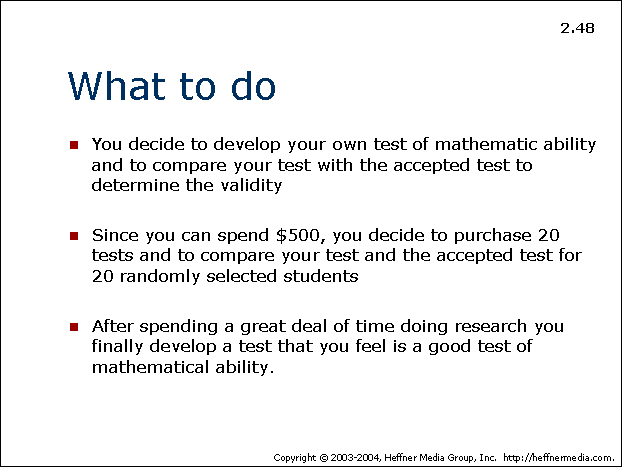
Should We Have Nap Time in High Schools?
Remember nap time in kindergarten? I hated it. I didn’t see the point of lying down and doing nothing.
Nap time in high school on the other hand? I would have been down for that.
As it turns out, a lot of teens could probably benefit from some midday shuteye. A variety of studies show that daytime naps boost adolescents’ ability to learn in several ways.
The latest example, published in the Journal of Adolescence, is a study showing that a one-hour afternoon nap improves teenagers’ performance on two verbal memory tasks. The authors of the study conclude that these results highlight the “potential importance of napping as a practical mnemonic intervention” for students. In other words, it may be that one item on teens’ list of study strategies should be lying down for an afternoon nap.
This is the best kind of psychology study: one that gives you a scientific excuse to catch some Z’s in the middle of an otherwise busy day.
It’s not the only study to suggest that naps can improve adolescents’ ability to learn, however.
For example, a study by researchers in Brazil found that for teens, a two-hour nap can be the difference in whether information from a lecture is retained for the long haul or fades away completely after five days. According to the researchers, this suggests that “sleep can be used to enhance the duration of memory contents learned in school.”
While napping may not seem like the most efficient use of school time, these studies suggest that a well-timed nap could make students’ efforts to absorb information in their classes more effective.
Some schools have started to take note of the relationship between napping and learning. In New Mexico, several schools have installed napping pods where students can check in to catch up on some sleep.
No doubt there are plenty of ways to improve schools, including better funding. The research that’s been done, though, suggests that prioritizing sleep and making room for naps might be part of the solution.
Image: Flickr/umjanedoan
Dear Neil Peterson,
My name is Steve Fajardo, a senior in high school called, High School of Telecommunications Arts and Technology located here in New York (www.hstat.org). I am writing a research paper for my participation in government class on a topic that I chose, which is, “Should high schools students in the United States have access to recess and nap time? “This project is sponsored by the Wise Foundation(https://www.wise-ny.org/programs-services/college-career-readiness/quality-of-life-innovations/) Since I read your article; “Should we have nap time in high schools?”(https://allpsych.com/should-we-have-nap-time-in-high-schools/)I just wanted to ask at least 5 questions based on your knowledge of napping, and your ideas to help me with my project. Here goes the following:
1) Do you personally believe that all high schools here in the US should allow students to have nap time as a free period?
2) What could be the benefits of allowing high school students to have access to napping?
3) What can be done to let the Board of Education all across the nation to let high schools give recess and nap time?
4) What could be ways to allow High schools to allow nap time for students? Should napping be a number 1 priority for these students to have?
5) What roles can high school students do to get nap time in their own proper school?
Thank you for your time and have a nice day.
Sincerely,
Steve Fajardo
Hi Steve,
Thanks for your interest in this topic! I should mention that I’m a psychology blogger who happened to write about these studies, so you might also want to try getting in touch with some of the researchers who did the studies. That said, here’s my personal take on your questions:
1) I think a reasonable solution is for schools to give students ample free time during the school day, and to provide resources like the “nap pods” mentioned in the article so that students are encouraged to take a nap during their free time if they feel it would be helpful.
2) The research is pretty clear that naps can benefit cognitive skills, including those related to memory and learning. So we can expect that napping could benefit students’ academic performance, as well as their health and mental health more generally.
3) I haven’t done enough research on this topic to give you an informed answer.
4) I think the number one priority is for students to be happy and to make academic progress, and making sure students get adequate sleep helps achieve that goal. Ways to do that would include giving students enough free time to nap during the day, having places where students can conveniently nap (like the “nap pods” mentioned above), and setting later school start times so that students get enough sleep during the night.
5) Off the top of my head, two things would be working on time management skills and making sure they don’t stretch their schedules thin by committing to too many things. Also, understanding that when you make it a priority to get enough sleep, everything else becomes easier!
Good luck with the paper!
There is a guy in our class who sleeps all the time